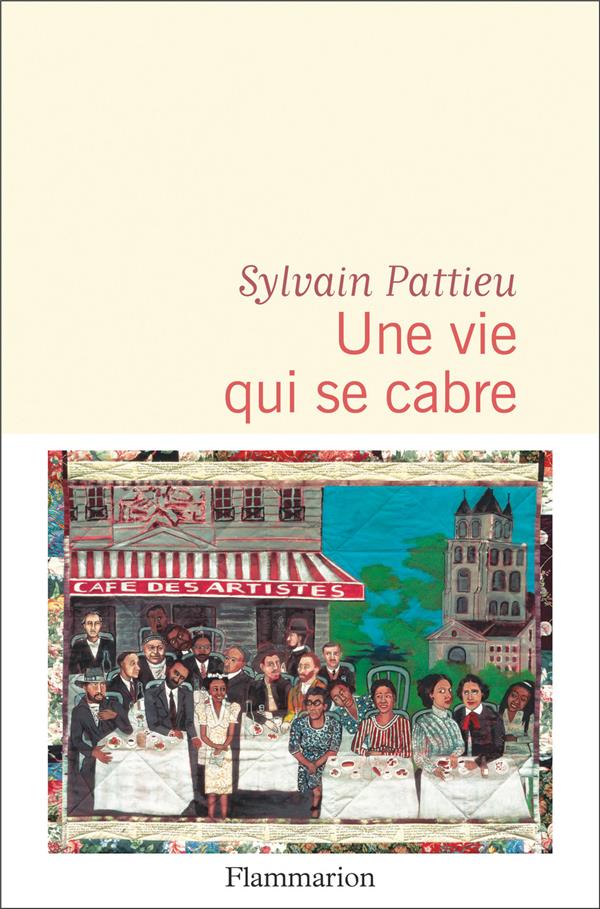Une vie qui se cabre by Sylvain Pattieu

If, like me, you read the news these days with growing anxiety, then Une vie qui se cabre, Sylvain Pattieu’s latest novel, might offer you a welcome breath of fresh air.
In this fast paced, political “feel-good” fiction, Pattieu imagines that in the immediate aftermath of WW2, the Lamine Gueye law, granting equality to every citizen of the French Empire, has not only been voted in by the French Parlement, but also applied. Thus, power has shifted from continental France to the territories of its former colonies: Aimé Césaire has been elected President of the newly named French Union, before being murdered by a militia nostalgic of the colonization era, and his wife, Suzanne Césaire is now heading the Union.
15 years after the Lamine Guey law has revolutionized the francophone world, Marie des Neiges arrives in Aix-en-Provence, with her infant son, eager to realize her dream: becoming a school teacher and contributing to making education and knowledge accessible to all. In the City of Popes, Marie meets a group of international students who share her hopes for a new and fair society. But their approach of how to make it happen sometimes differs, spurring passionate arguments that extend late into the night.
If anything, the pleasure that Pattieu took in imagining his postcolonial utopia is obvious, and his elation comes through. Which doesn’t mean that he is imagining some naive paradise of sorts. The novel tackles the issues that a postcolonial state might run into: Marie’s arrival coincides with the birth of a reactionary political movement, led by General de Gaulle, whose ambition is to reestablish the traditional order. With this energizing tale that investigates how France may have settled the accounts of its past and to reduce the inequalities that have resulted from it, Pattieu convinces us that literature and politics can be the best of friends!
Une vie qui se cabre, a novel by Sylvain Pattieu, Flammarion
Click here to purchase that book with us.


